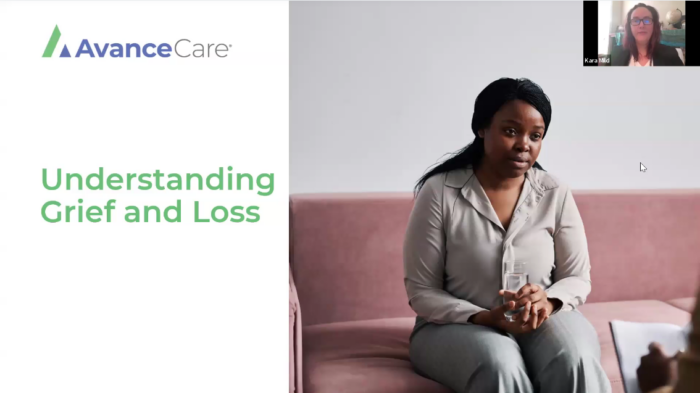“on the last day of love / my heart cracked inside my body”
— Rupi Kaur, The Sun and Her Flowers (2017)
Grief is often associated with physical death, but in life, and in therapy, we witness grief emerging from many kinds of change – changes that, though not always permanent, can feel irreversible.
We grieve not only the death of loved ones, human or not, but also identities we’ve outgrown, abilities we’ve lost, dreams left unfinished, possibilities that slipped away. We grieve landscapes, cities, and seasons that no longer hold us. We grieve relationships.
Romantic Loss
Grief can also be a response to symbolic death, the loss of love. Love that was once mutual, nourishing, and full of promise. Romantic grief can feel especially disorienting because the object of our longing still exists, yet is no longer available or reachable.
Emotional and Physical Reactions to a Breakup
Some common emotional responses include sadness, crying spells, emotional flatness, emptiness, cravings, yearning, longing, withdrawal, frustration, anger, betrayal, shame, rejection, abandonment, hopelessness, helplessness, self-doubt, fear, anxiety, panic, restlessness, thought rumination, and ambivalent feelings (such as sadness and relief).
And yes, grief shows up in the body, too: fatigue, insomnia, physical discomfort, lack of motivation, loss of appetite, and low energy.
Sometimes, we don’t even know where it hurts. When that happens, we can turn inward and ask our body:
- Where do I feel my grief?
- What color is it?
- What memory brings it forward?
What Shapes Our Grieving Process
We grieve, and we love, with all that we are: our personality traits, wounds, strengths, attachment styles, histories, and the circumstances of our present lives. No two people grieve the same way. Our grief is shaped by who we are and what we’ve lived through.
A Therapist’s Approach to Grief
How do we heal from a breakup? There’s no single answer, no right or wrong path.
In therapy, many clinicians follow Alan Wolfelt’s companioning model of grief. The goal isn’t to fix grief, but to witness it. Healing begins with a story:
- Tell me about your love.
- How did it begin?
- What did it mean to you?
- What did you carry?
- What have you released—or are still carrying?
Ritual, Creativity, and Grief
Ritual and creativity can create space for grief to move. They offer metaphors, rhythm, and room for emotional truths that logic alone cannot hold.
Writing, revisiting or changing the narrative, engaging our senses, or participating in a transformation ritual that is tangible and real – these can all bring meaning and closure.
It might look like:
- Burning a letter and watching it turn to ash.
- Planting a seed card that blossoms into a flower.
- Wrapping a familiar scent in fabric and tucking it in a drawer.
- Creating art, sound, or touch-based rituals that bring symbolic understanding.
Meaning, Transformation, or Simply Breathing
If you’re grieving a breakup, know this: you are not alone. Not every love can stay, but your capacity to love, to feel deeply, and to grow is still yours. Sometimes, love doesn’t end – it changes form. It becomes art, letters, gardens, liberation.
A life experience we grow into.
A part of us that is reborn.
And if not – then we wear our mourning attire and keep walking. One step, one word, one breath at a time.
“to heal you have to get to the root of the wound / and kiss it all the way up”
— Rupi Kaur, The Sun and Her Flowers (2017)
When You’re Ready, We’re Here
Grief takes many forms – sometimes it’s about loss, and sometimes it’s about change. If you’re navigating a major life transition, heartbreak, or loss of identity, you don’t have to do it alone.
Avance Care Behavioral Health offers compassionate, evidence-based therapy to help you process change, rediscover stability, and begin healing at your own pace.
Schedule an appointment today to connect with a licensed therapist who can walk with you through life’s transitions – one step, one word, one breath at a time.



